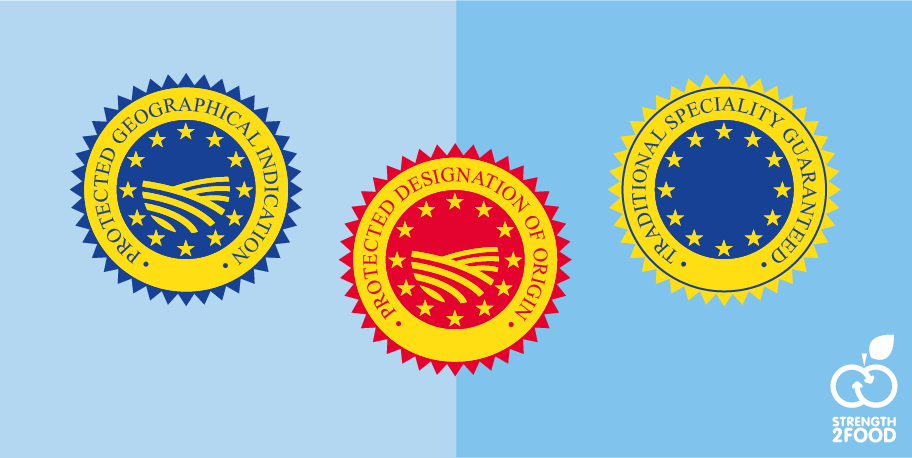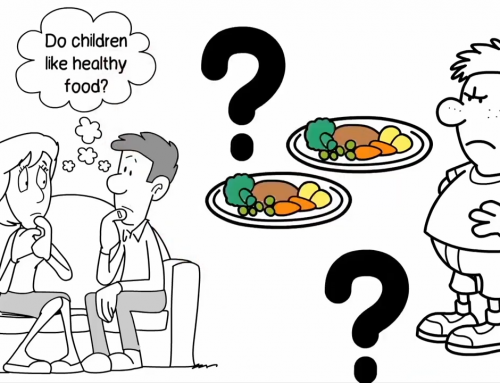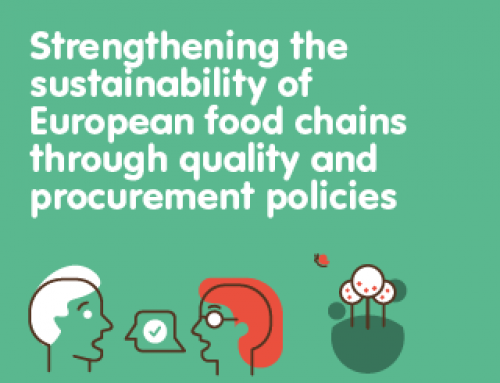Responsible Partner: UBO
Authors: Hartmann, M.; Yeh, C.-H.; Amilien, V.; Čeliković, Z.; Csillag, P.; Filipović, J.; Giraud, G.; Gorton, M.; Kuč, V.; Menozzi, D.; Poschwatta, O.; Quarrie, S.; Roos, G.; Saidi, M.; Tocco, B.; Török, Á.; Veneziani, M.; Vreden, T
Date of Publication: February 2019
Food Quality Scheme labels are an essential means of communicating food product and process characteristics thereby aiming at reducing information asymmetry on the side of consumers and supporting an informed choice. Such labels, however, can only serve its purpose if they are recognized, understood and trusted by consumers. This implies that the competitiveness and growth of firms supplying food promoted by Food Quality Scheme (FQS) labels will depend on a thorough understanding of consumer demand. Based on such insights possible tools for more effective policy measures or marketing of products with FQS can be identified. Thus, the objective of WP 8.1 is to understand consumers’ knowledge and valuation of FQS labels and the determinants of consumer confidence and willingness to pay for such labels. This report consists of two parts. In Part I of this report we first investigate the importance of different product and process attributes across seven countries (France, Germany, Hungary, Italy, Norway, Serbia and UK) and for different products (cheese, fresh meat, processed meat, fresh fish, fresh vegetables, and processed vegetables). Each product was evaluated by at least two countries. In addition, consumers’ perceptions and valuation of FQS promoting selected product and process attributes are investigated across the same seven European countries. The analysis is based on online surveys. In each country about 800 consumers took part in the survey.
In Part II of the report a more in-depth understanding of the role of selected FQS in consumers’ purchase decision is provided. Thereby we consider the extent to which cognitive and affective attitudes, trust, and social norms influence product choice. In addition, we show the effectiveness of a modification of the EU organic label in improving consumers’ evaluation of this label. Finally, we provide some insights into the relevance of different marketing channels in consumers’ purchase decision in general and investigate how much farmers’ markets and farmers’ shops play a role for specific products. The analysis of this second part of the report is again based on an online survey.







